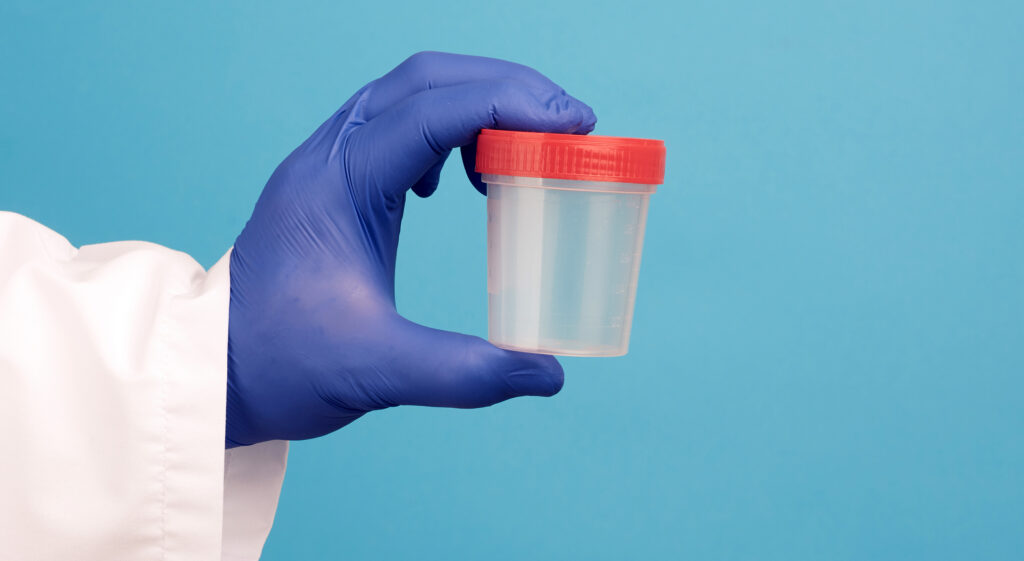
To test or not to test? It’s an important question. It’s also important to provide a safe work environment and ensure your employees are productive. And here’s another question. Is maintaining a drug-testing program worth the hassle? The answer usually depends on the workplace.
State laws are always key, and they vary widely. But you also need to consider the needs of your own business. Federal contractors have to follow specific drug-free workplace laws. Other employers have been struggling to fill their workforce since the pandemic and believe the testing of marijuana restricts their ability to attract and maintain talent.
Pros and Cons
Companies wanting to avoid risk should have a drug-testing program in place. Drug tests are effective in preventing accidents, absenteeism and litigation. Screening programs also protect employees from injury by serving as a deterrent. Now for the cons – drug testing can be expensive and slow down the hiring process. So, you should consider what will most benefit your workplace.
When to Test?
Employers usually choose these times to drug test:
- Pre-employment;
- Random;
- Post-accident;
- Suspicious behavior.
The most common type of drug testing in the U.S. is pre-employment. This screen is allowed in most states, but some require employers to provide notice to applicants.
Courts have ruled pre-employment drug screens do not constitute medical examinations under the Americans with Disabilities Act. The Equal Employment Opportunity Commission has said such screens should be administered after a conditional offer is made because the employer may need to ask follow-up medical questions based on the results.
Businesses with employees working safety-sensitive jobs may want to conduct regularly scheduled post-employment screens. Some employers like to perform random screens for workers who operate heavy equipment or drive company trucks.
Employers should note laws on random drug testing vary from state to state and are prohibited in some locations. In California, random drug tests are only allowed during rare circumstances.
Employers should consider drug screens after workplace accidents to determine if intoxication may have been involved. The standard for post-accident testing is usually within 12 hours of the incident, with employees not allowed to return to work until after the test results are received.
What if an employee appears to be under the influence of drugs or alcohol? Employers should consider developing a program to test employees for reasonable suspicion when they exhibit behaviors indicating intoxication. The employee’s suspicious behaviors should be thoroughly documented.
Conclusion
A drug test is no different than a background check. Drug-free-workplace programs are about risk mitigation and the safety of your employees and customers. Please take note: always consult legal advice before considering any type of drug testing at your company.
The information and opinions expressed are for educational purposes only and are based on current practice, industry-related knowledge and business expertise. The information provided shall not be construed as legal advice, express or implied.
